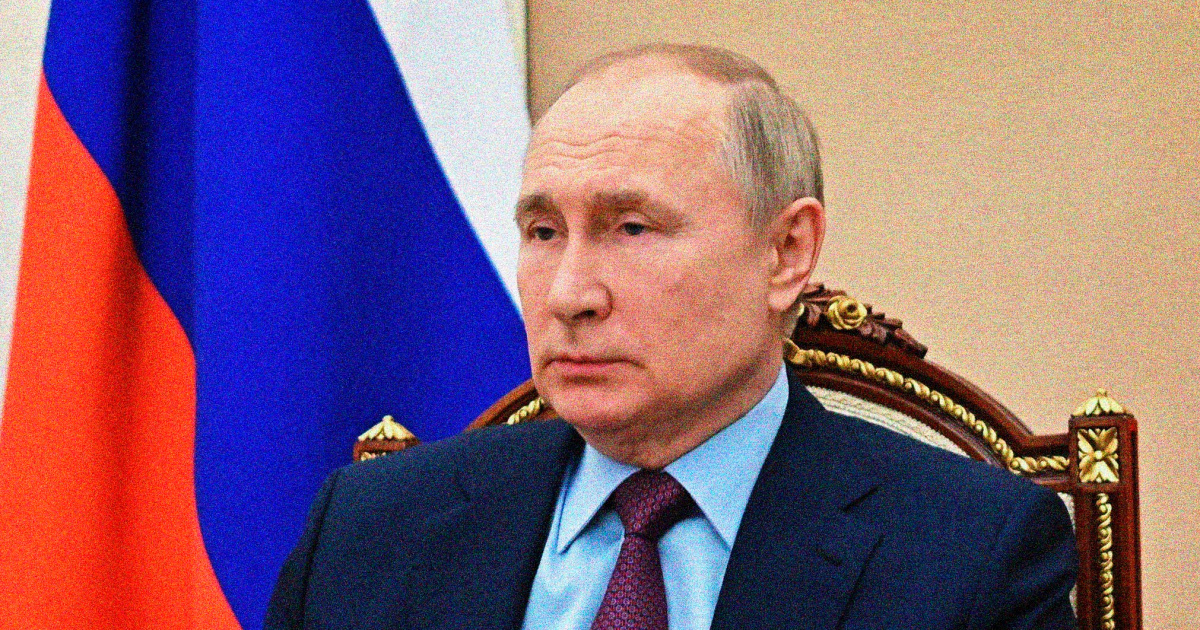
There is much for Putin to gain and lose whichever path he takes in the coming days.
Even if he holds back his troops, the mere threat of war has seen French President Emmanuel Macron, German Chancellor Olaf Scholz and British Foreign Secretary Liz Truss, to name a few, all hurry to Moscow in a bid to help defuse the crisis.
The efforts at diplomacy have produced some suggestions of common ground on more limited demands, including arms control and increased transparency on military exercises.
All this gives outsize influence to Russia, which has a gross domestic product smaller than that of Canada, a military budget dwarfed by that of NATO, and an international status long since faded from the hegemonic struggle of the U.S. and the former Soviet Union.
For Putin the stakes may be existential, driven by a desire to stop Ukraine and his former Soviet neighbors from becoming more closely aligned with the democratic West.
The U.S. and others would rather focus on China and its real clout, which is only getting stronger.
“He got some attention which he feared to lose, especially from the United States because of the focus of the U.S. administration on China,” said Fabrice Pothier, a consulting senior fellow at the International Institute for Strategic Studies, a London think tank.
“But once you have that face time, what do you do with it?”
All of that attention has not been without consequences.
Putin has galvanized NATO, which until this standoff was struggling for meaning and purpose after the Cold War.
In response to the Ukraine buildup, the alliance has deployed 5,000 troops to Poland, Lithuania, Latvia and Estonia. And it said Wednesday it was drawing up plans for deployments in Romania, Bulgaria, Hungary and Slovakia, its biggest shift in posture since Russia’s annexation of the Crimean Peninsula in 2014.
“He is getting plenty of attention all right — but not the kind he wishes,” according to retired Lt. Gen. Ben Hodges, former commander of U.S. Army in Europe.
NATO is looking more united than at any time since 1995, Germany is looking to decrease its reliance on Moscow for natural gas, and Sweden and Finland are openly discussing joining the alliance, Hodges said. “This is entirely a manufactured crisis of the Kremlin‘s own doing.”
While Russia has used cyberattacks, assassinations, unmarked proxy forces and mercenaries for its foreign endeavors, it now appears to be threatening a full-scale invasion of a democratic neighbor without provocation.
Such a move would mark “the end of the post-cold war and the beginning of something dramatically and tragically different, the end of our hopes and illusions,” said Gerard Araud, former French Ambassador to the U.S., on Twitter.
No matter what attention Putin does manage to win, he is unlikely to ever get NATO to agree to his central demands that Ukraine be barred from joining the alliance, and that the U.S. and others move to roll back their deployments in Eastern Europe.
In that sense, the Russian president risks looking weak if he stands down militarily without having achieved this, according to some analysts, who worry that this makes the risk of war palpable.
If Putin does attack Ukraine, there are huge risks, too. Namely the prospect of becoming mired in a costly, grinding conflict as an international pariah facing brutal financial punishments from the U.S. and its allies.
“But if you demand that NATO pulls back to its 1997 positions, which it simply cannot do, and you also don’t want to go to war, then that’s a difficult thing to spin your way out of,” Nixey at Chatham House said. “Not moving militarily on Kyiv puts Putin, ultimately, in a diplomatically and politically weaker position at home and abroad.”
The West may fear the Russian leader has made the same calculation.

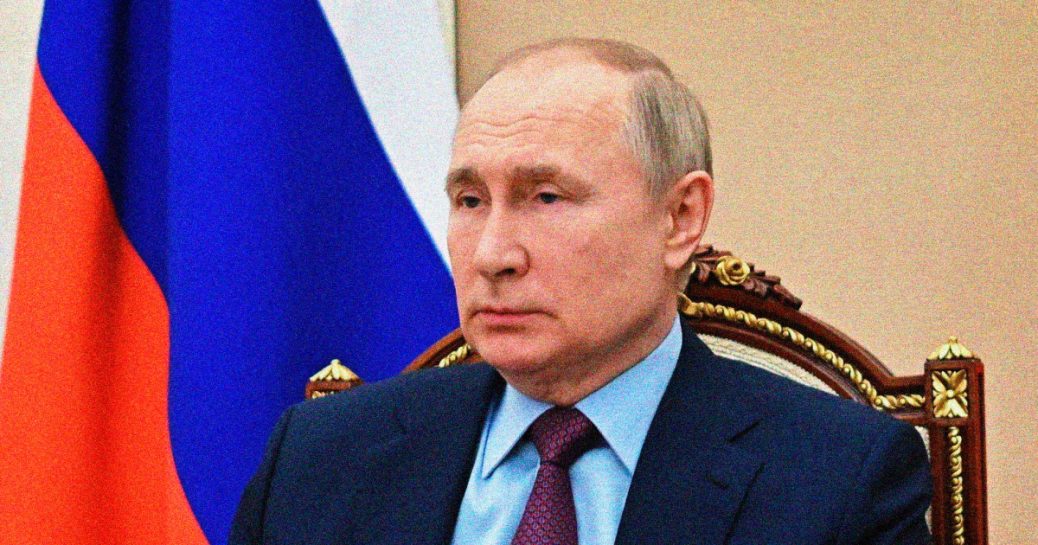


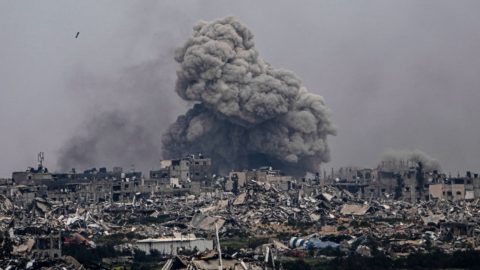
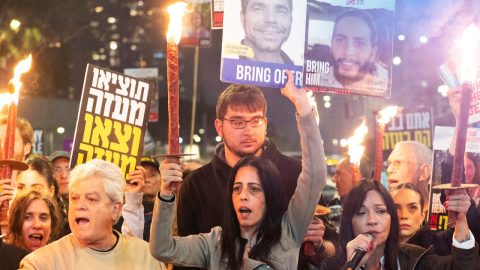
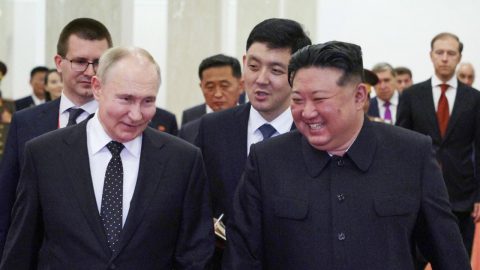

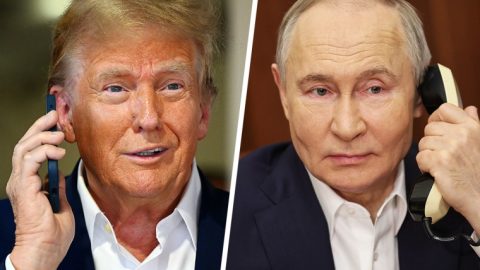
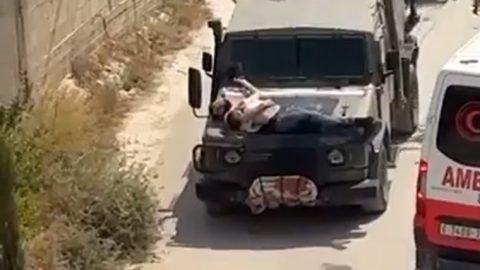
Recent Comments